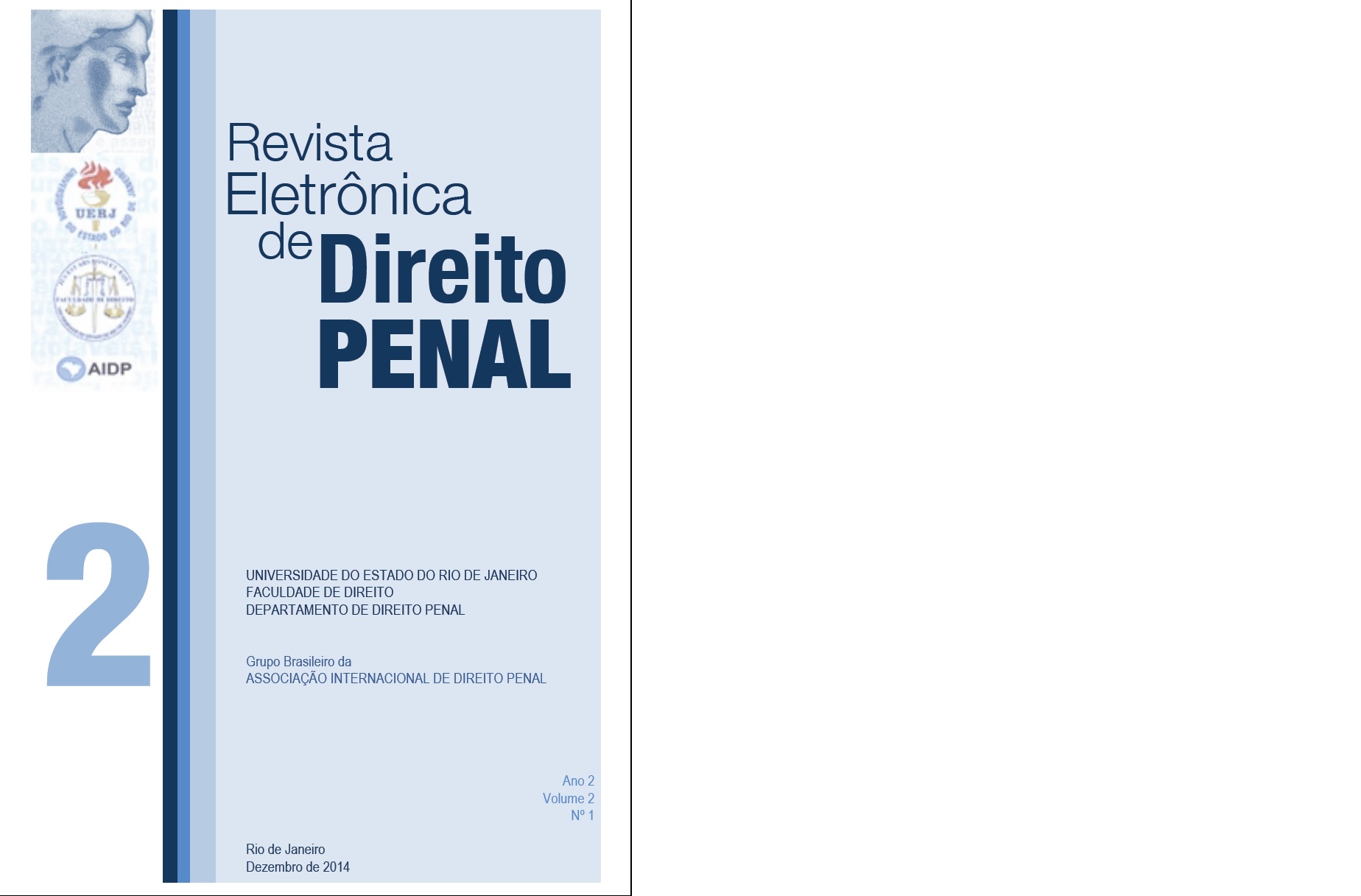The usage and limitations of comparative law and the methodology of international criminal procedure
Keywords:
comparative law - international criminal law and procedureAbstract
The evolution of international criminal procedure can rightfully be considered as one of the most fascinating developments in international adjudication in the past two decades. The speed with which this process took place, resulting in the accretion of an elaborate body of international law and practice almost from zero, is unparalleled. Barely in existence in early 1990s but firmly established at present, international criminal procedure is a corpus of international legal standards that govern the conduct of proceedings before international and hybrid criminal tribunals.[i] Furthermore, it is now also an independent field of study. The sheer number of recent academic treatises and edited works devoted solely to international criminal procedure is evidence to its status as a flourishing legal discipline[i] On the definition and scope of international criminal procedure, see Editors, ‘Introduction’ in G. Sluiter, S. Linton, H. Friman, S. Vasiliev, and S. Zappalà (eds), International Criminal Procedure: Principles and Rules (Oxford: Oxford University Press, 2013) 13-18.
Downloads
Published
2014-12-29
How to Cite
Vasiliev, S. (2014). The usage and limitations of comparative law and the methodology of international criminal procedure. Revista Eletrônica De Direito Penal, 2(1). Retrieved from https://www.e-publicacoes.uerj.br/redpenal/article/view/14320
Issue
Section
Artigos
License
Autores que publicam nesta revista concordam com os seguintes termos:- Autores mantém os direitos autorais e concedem à revista o direito de primeira publicação, com o trabalho simultaneamente licenciado sob a Licença Creative Commons Attribution que permite o compartilhamento do trabalho com reconhecimento da autoria e publicação inicial nesta revista.
- Autores têm autorização para assumir contratos adicionais separadamente, para distribuição não-exclusiva da versão do trabalho publicada nesta revista (ex.: publicar em repositório institucional ou como capítulo de livro), com reconhecimento de autoria e publicação inicial nesta revista.
- Autores têm permissão e são estimulados a publicar e distribuir seu trabalho online (ex.: em repositórios institucionais ou na sua página pessoal) a qualquer ponto antes ou durante o processo editorial, já que isso pode gerar alterações produtivas, bem como aumentar o impacto e a citação do trabalho publicado

